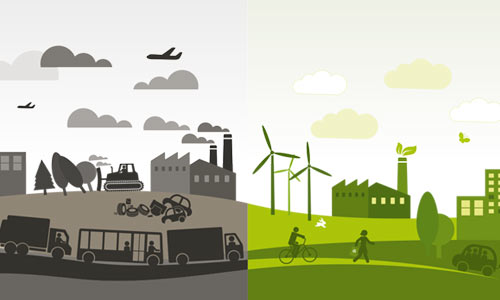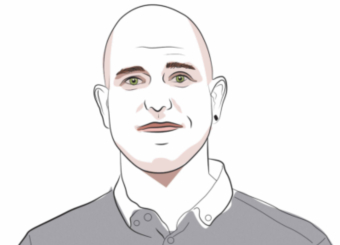Engineering and development experts at The University of Manchester are investigating ways to ensure new dams are designed to deliver for people and the environment.
Dams have always been controversial. Dam building largely ground to a halt in the 1990s, plagued by concerns about displaced communities, environmental damage, corruption and underwhelming electricity production. However, there are currently 3,700 large dams being planned or constructed, fuelled by a need to generate renewable energy and harness water for irrigation. The vast majority are located in the global south.
“Most media coverage says don’t build dams. But people need access to regular water supplies”, says Professor David Hulme from Manchester’s Global Development Institute. “Victorian dams around Manchester have ensured a decent standard of living for generations. People need access to regular electricity. You and I have it, so why shouldn’t all people across Africa and Asia?”
This rush for hydropower to boost sustainable development isn’t without its critics. Building dams to catalyse development has a chequered track record, with communities displaced, ballooning budgets and unrealistic agricultural and energy benefit predictions that have made a mockery of cost-benefit analyses.
People need access to regular electricity. You and I have it, so why shouldn’t all people across Africa and Asia?
An interdisciplinary challenge
A team of researchers led by The University of Manchester has come together to form the FutureDAMS research consortium, an innovative mix of engineers and social and physical scientists on a mission to improve how dams are selected, designed and work in practice.
Many low-income countries see hydropower as a means to generate more electricity to boost economic growth and provide for their expanding populations.
Funding for new dams can be found on the financial markets, from China or even directly from citizens. Traditional aid donors and the World Bank are no longer the gatekeepers for large infrastructure projects.
Without big changes in the way that dams are selected and designed, there’s a real risk that some of the new dams burden countries with debts they can’t afford. With climate change making rainfall increasingly erratic and drought more likely in many parts of the world, predicting how new dams will affect complex ecosystems is increasingly fraught.
FutureDAMS aims for the world to move towards a more accurate, multifaceted and collaborative approach to analysing the costs and benefits of dam building.
The team is developing an approach and an associated web-based open access tool that, combined with new insights into the politics around decision-making on dam projects, has the potential to revolutionise their planning and operation.
Professor Julien Harou, Chair in Water Engineering in the University’s Faculty of Science and Engineering, believes the project can make a potentially significant global contribution.
“Our aim is to move the industry away from reactive assessment of individual projects, towards a systems-scale, strategic approach”, he says.
Global partnerships
To ensure what’s developed is useful and useable, Manchester researchers are working closely with government agencies and academics in the Nile basin, Volta river basin in West Africa and Myanmar. This collaborative effort maximises the potential for global impact.
As Jamie Skinner of partner organisation the International Institute of Environment and Development (IIED) points out: “With better, more effective and efficient, collaborative design and management processes, reservoirs can secure more benefits and create fewer problems.”
With the initial results looking promising, and global interest in hydropower showing no signs of abating, the FutureDAMS project is making the most of the opportunity to harness the potential of dams for development.
Watch David Hulme explain more about FutureDAMS
Sign up for regular project updates.
Global inequalities and energy are two of the University’s research beacons.





